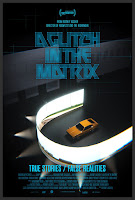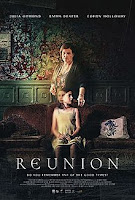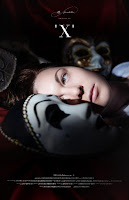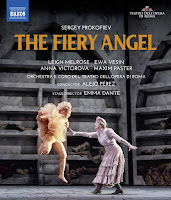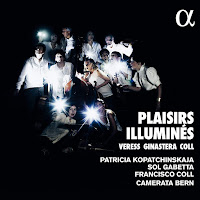the traveler's resource guide to festivals & films
a FestivalTravelNetwork.com site
part of Insider Media llc.
Film and the Arts
February '21 Digital Week II
- Details
- Parent Category: Film and the Arts
- Category: Reviews
- Published on Thursday, 11 February 2021 02:50
- Written by Kevin Filipski
Thinking About The Forefront of Controversy and Crime In A Netflix Doc Series
- Details
- Parent Category: Film and the Arts
- Category: Reviews
- Published on Tuesday, 09 February 2021 14:52
- Written by Brad Balfour

An opionion piece.
Once again child abuse is in the news, although this time coming out of the fulsome mouths of such Republican nut cases as newly elected Georgia Congressional representative Marjorie Taylor Greene. The right-wing QAnon conspiracy believer has spoken of the demonic Dems who have a child sex cult consuming the blood of Christian children — ideas right out of the anti-Semitic Protocols of Zion playbook.
In spewing this babble, QAnon followers manage to obscure the actual history of child sexual abuse that has been unveiled in the last several years. From errant priests to Boy Scout leaders, from public school teachers to private tutors, such abuse has often been present and then swept under the rug with disastrous results.
Recently, the brother of a good friend committed suicide in his 40s after his local Catholic Church had stopped paying for his therapy and other expenses. It had been sending checks for over 10 years after he had been allegedly abused by a priest when he was in his teens. He was never able to hold a proper job and, though he married, had not managed his personal life with much success.
Thanks to a visit with friends, I got to binge on the last portion of the seven-part docu-series, The Keepers, veteran director Ryan White’s detailed exploration of a nun’s unsolved murder and the horrific secrets and pain that still linger nearly five decades after her death.
Though I didn’t see every episode, I got the idea. Clearly, the Catholic church had played a profound role in the acquiescence, obfuscation and denial surrounding this tortured tale.
In this true-crime documentary from Netflix (released in May 2017), The Keepers explores the 1969 death of 26-year old Catholic nun and Baltimore schoolteacher Sister Cathy Cesnik and touches on 20 year-old Joyce Malecki‘s murder four days later. Both slayings remain unsolved. The cover-up that followed echoed Spotlight — the 2015 award-winning feature film directed by Tom McCarthy which told the story of the intense investigation of abuse by priests in the Boston area.
Starting a Facebook group in 2014, Gemma Hoskins and Abbie Schaub, two retired 60-something grandmothers and former students of Sister Cathy’s at Archbishop Keough High School, still felt distressed by the almost-half-century-old cold case. Who had savagely beaten and then murdered their beloved teacher Sister Cathy? In reaching out to others to share information about Sister Cathy’s murder, these two seniors -– as intrepid and analytical as Agatha Christie‘s Miss Marple — uncovered a cold case like no other. They found evidence that neither the Baltimore police nor the Catholic Church had dealt with. It pointed to the late Father Joseph Maskell who was accused of abuse and then moved around by the Diocese where he is further accused of molesting his young female students.
As the series ends, many questions and actions are left unanswered. First of all, I bring all this up to praise White — who is getting attention for his latest controversial documentary, Assassins, a feature film about the assassination of Kim Jong-nam, half-brother of the North Korean leader, which premiered to raves at last year’s Sundance Film Festival.
More profoundly, at a time when President Biden spotlights the positive morality he learned from his Catholic education, we are all reminded that any wonderful idea can be twisted out of shape. If we allow that to happen and tolerate those who abuse, either because of fear or intimidation, then we are collaborating in perpetuating these crimes of twisted action or of psychological distortion.
February '21 Digital Week I
- Details
- Parent Category: Film and the Arts
- Category: Reviews
- Published on Wednesday, 03 February 2021 19:59
- Written by Kevin Filipski
January '21 Digital Week IV
- Details
- Parent Category: Film and the Arts
- Category: Reviews
- Published on Wednesday, 27 January 2021 23:00
- Written by Kevin Filipski
More Articles...
Newsletter Sign Up









